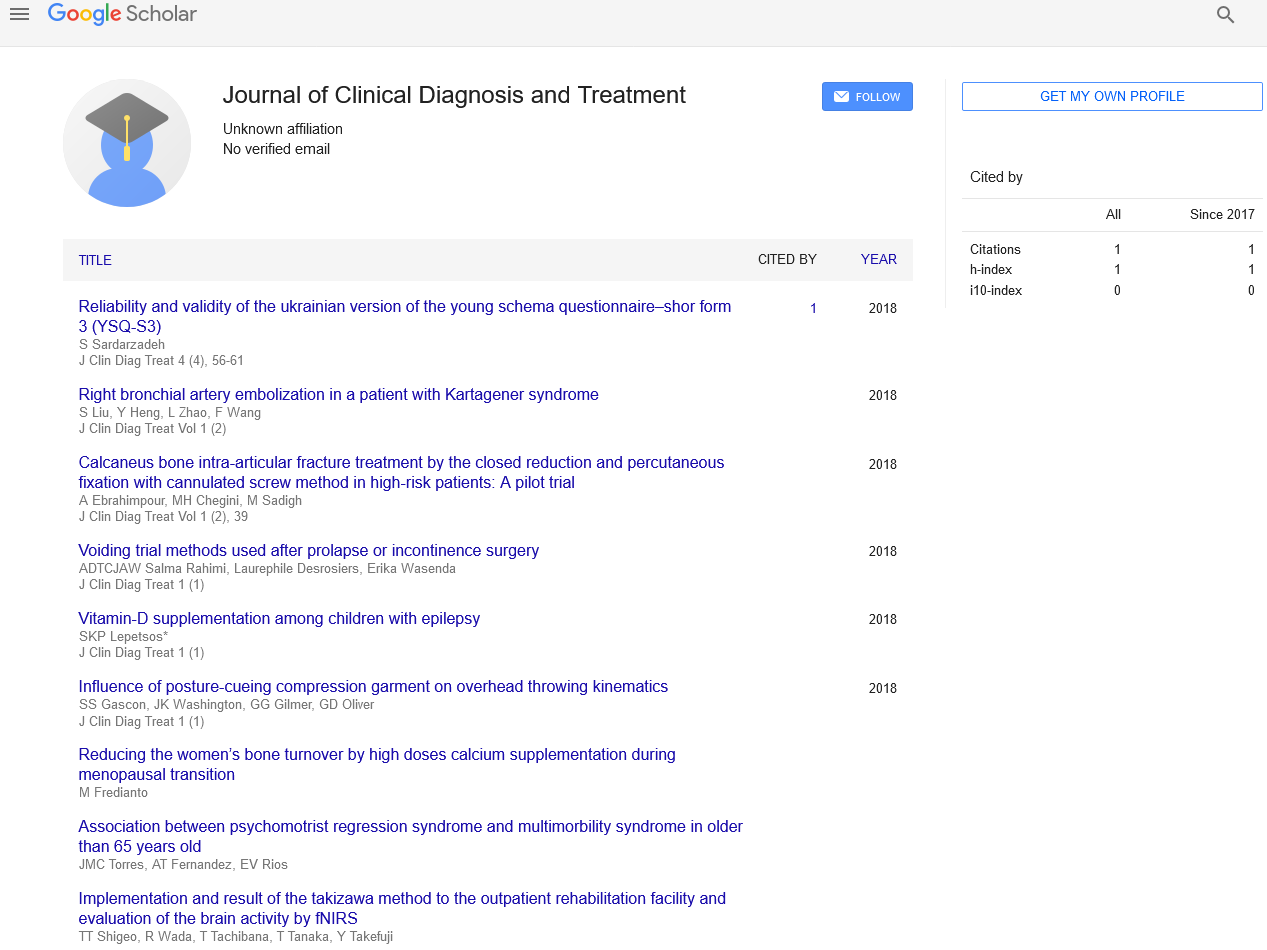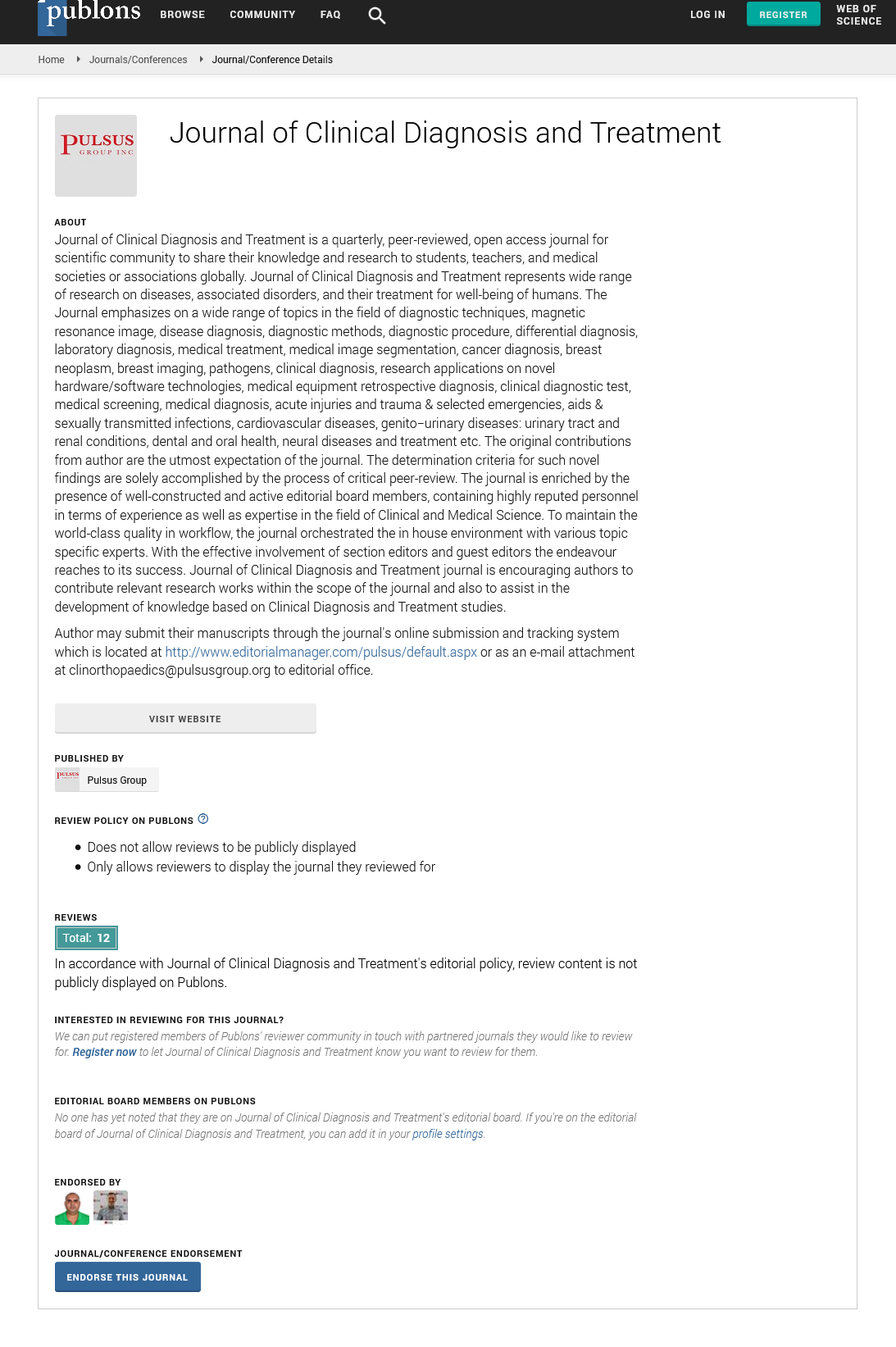
Sign up for email alert when new content gets added: Sign up
Abstract
Evidence of Alcoholic Brain Degeneration and Recovery through Abstinence
Author(s): Daniel Smith*Magnetic Resonance Imaging (MRI) is a non-invasive, safe way of examining the brain’s macrostructure and microstructure, as well as some elements of how the living brain operates. MRI can identify anomalies associated with alcoholism as well as alterations associated with sobriety and relapse. The disease of the brain linked with persistent excessive alcohol intake has been thoroughly demonstrated using imaging of the live body (i.e., in vivo imaging). The frontal cortex, 1 underlying white matter, and cerebellum have all shrunk, while the ventricles have expanded. Some of these alterations appear to be reversible with abstinence, while others appear to be permanent. The functional implications of disease are demonstrated by research demonstrating links between brain anatomy and quantitative neuropsychological tests. Furthermore, functional imaging studies show that the brain adapts for cognitive dysfunction. The numerous alcoholism concomitants, antecedents, and consumption patterns may all impact the documented brain alterations linked with alcoholism, which tend to be increasingly detrimental with age. The complicated character of alcoholism provides novel difficulties and potentialities for understanding the processes underlying alcoholism induced neuropathology and recovery. Longitudinal magnetic resonance imaging studies of animal models of alcoholism, on the opposite hand, will address questions about the event and course of alcohol dependence, additionally because the scope and limits of in vivo degeneration and recovery of brain structure and concomitant perform that clinical studies might not be able to address.





